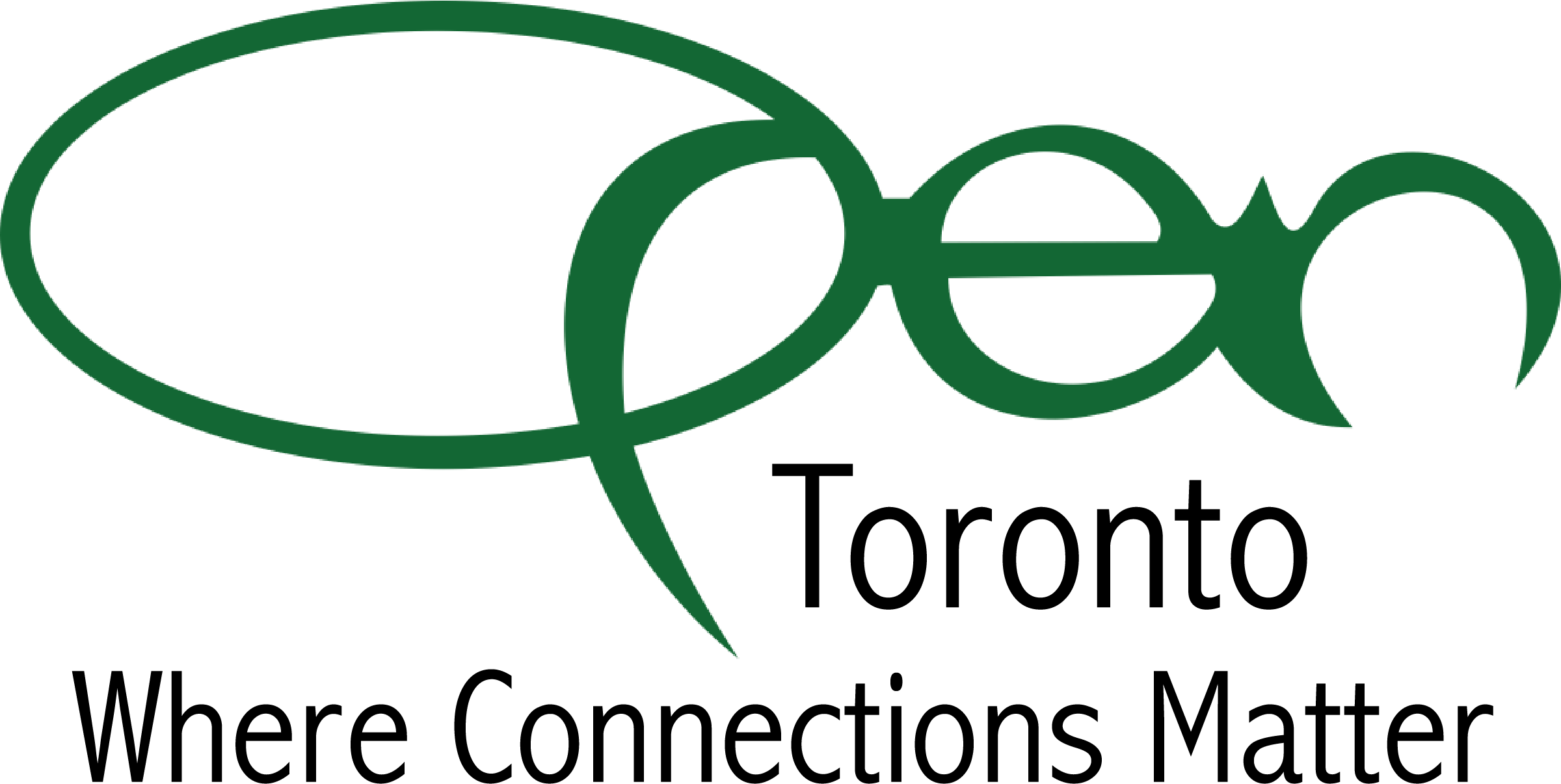Make Your Work a Fountain of Happiness
“Work gives you meaning and purpose and life is empty without it.”
Stephen Hawking
How often do we overvalue what we have and undervalue what we do, especially when comparing ourselves with others? Too often. Work is an essential part of our life; we spend most of our waking hours working. Not being able to see work as a source of happiness leaves a big void to fill. Luckily, we humans have an innate ability to experience happiness through work.

Given the strong link between work satisfaction and life satisfaction, it makes a lot of difference to our happiness whether we enjoy what we do for a living. It offers quality experience that also refines the complexity of the self. On the other hand, work done under compulsion is a killer of happiness.
When asked for his recipe for happiness, Sigmund Freud answered, “work and love.” There is no greater happiness when the two become entwined. For Karl Marx, we construct our being through productive activities. He said, “There is no human nature except that which we create through work.” Work develops us from beings who are guided by animal instincts into conscious, purpose-driven, skilled beings. People have always found growth and happiness simply by gradual focusing of attention on opportunities for quality experience in our own circumstances. Great performances are a result of incrementally refining tasks and skills.
The latest research shows that we approach our work in one of the three manners: as a job, a career, or a calling. When we see our work as a job, money is our predominant motivation for doing it. When we view our work as a career, status, promotion, and progression become important motivators. It is only when the music slows down that we realize we have been part of a rat race, competing for the sake of competing. However, when we see our work as our calling, we then find it intrinsically motivating. We perceive it as our contribution to something that we regard as bigger than ourselves.

These three orientations can be found at almost any level of just about any occupation. There are senior doctors whose primary motivation to work is money, and there are junior nurse’s aides who regard their work as their calling to contribute to healing. Their sense of mission and enjoyment at work surely predisposes them to be happier in life also.
While the modern worker is not always free to switch jobs to make work more enjoyable, she can still invest attention in her job and make it more complex. Controlled investment of attention can make work enjoyable, and once work becomes enjoyable, it feels as if it were also freely chosen. People learned this lesson thousands of years ago. That is why activities like hunting and fishing have proven so enjoyable that people do them as a source of happiness, even though all practical necessity for them has long disappeared. Similarly, many people undertake herding, farming, or gardening purely for enjoyment, independent of economic considerations.

In this post-industrial economy, the sooner we learn that the quality of work experience can be improved at will, the sooner we can enhance happiness of life. More often than not it is up to each individual to enhance her own work experience. Even the most conducive external conditions cannot guarantee that a person will enjoy her job. It is not uncommon to see potentially great jobs being done by unhappy people. Happiness draws from the performer’s attitude, which the performer can directly control.
When we think long term and look at ourselves in context with other cultures, it becomes easier to understand the impact that work has on our happiness. Different people have different ways of relating to their work. In developed economies, it is not uncommon for people to report that some of their highest quality experiences come from the work they do. When challenges and skills are both high, people feel happier, more cheerful, more focused, more creative, and more energetic. Studies show this general pattern for every type of worker. But when enjoying hard-earned leisure, people often report being bored. However, studies also establish that people wish to be doing something else to a much larger extent when working than when they are at leisure.
Paradoxically, people are less motivated when they are happy at work than when they are less happy at leisure. Hence, they still prefer to work less and have more free time. Instead of paying attention to their sensory indicators, people regard work in the light of cultural views that typecast it as an uninspiring necessity. So, they tend to undervalue on-the-job positive experience.
It is worth noting here that the leisure time we so crave does not contribute much to the quality of life. Jobs are easier to enjoy than leisure. Work offers us the structure, goals, and challenges to engage our attention; it is more difficult to mold leisure into something that absorbs our attention and makes us unmindful of distractions. Passive entertainment does not build skills and merely fills a void in our use of time, soaking up our attention without offering any serviceable strength in return.
Attention invested in real challenges produces high-quality experiences that fuel happiness. So, we must take control of both work and leisure time to make sure that they are aimed at making us happy and strong. When we enjoy our work, and do not waste our free time, we feel happier and more fulfilled.
Stress and anxiety are the most subjective aspects of work, and therefore likely most responsive to the mind’s control. The same degree of stress may energize one person and burn out another. Managing stress at work is an important determinant of happiness. There are myriad ways to prevent or relieve stress, and people are becoming increasingly better educated in them. Many people view successfully handling stress as a part of their overall plan to enhance their quality of life.

Much as stress is increasingly a companion of work, modern society makes it difficult for people to be happy without work that they find meaningful. Meaning reinforces focus. Antonin-Dalmace Sertillanges, a French Catholic philosopher and spiritual writer, has this to say in his remarkable 1934 book The Intellectual Life: Its Spirit, Its Conditions, Its Methods: “Men of genius themselves were great only by bringing all their power to bear on the point on which they had decided to show their full measure.”
Meaningful work not only optimizes the use of your talent and energy, but it also makes you happier. When work lacks meaning and is devoid of feedback on clearly identified goals, we tend to opt for the behavior that is easiest in the moment, for example, prioritizing emails and social media over what is of more long-term and deeper value. Meaningful work is not merely economically lucrative, but it also makes a life well-lived.
Nothing makes the connection between attention and happiness more obvious than work. By skillfully managing attention, any of us can program our brains to savor all that is positive at work and ignore the negative, thus enhancing our life’s happiness without changing anything tangible about work. When you invest complete attention in your work, it takes over your attention mechanism, preventing you from noticing unimportant things and accommodating obstinate thoughts that suffuse our everyday life. Studies on this subject have established that most people are happier at work, and less happy relaxing, than they think. In today’s world, work is a source of meaning located outside the individual, because it provides order to the mind by defeating the anarchism of self-directed individualism. To ensure happiness, choose your work and its targets with care and then give them your complete attention. Wire yourself for focus and not for distraction. Use your work to create a life rich with productivity and happiness.


